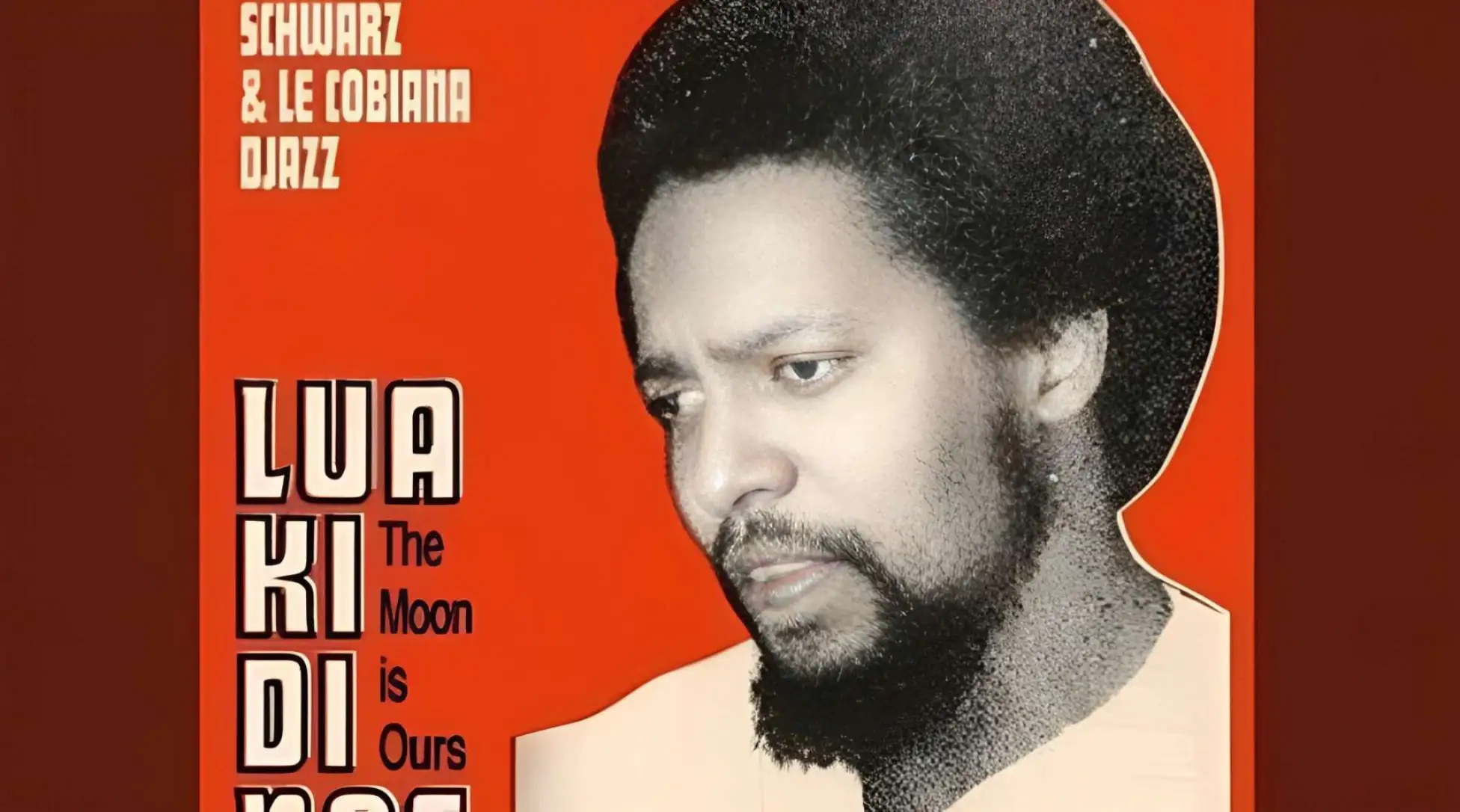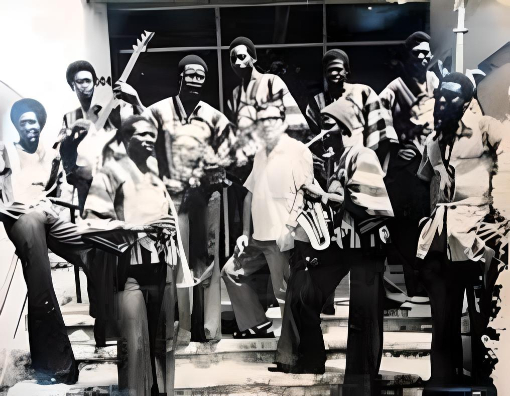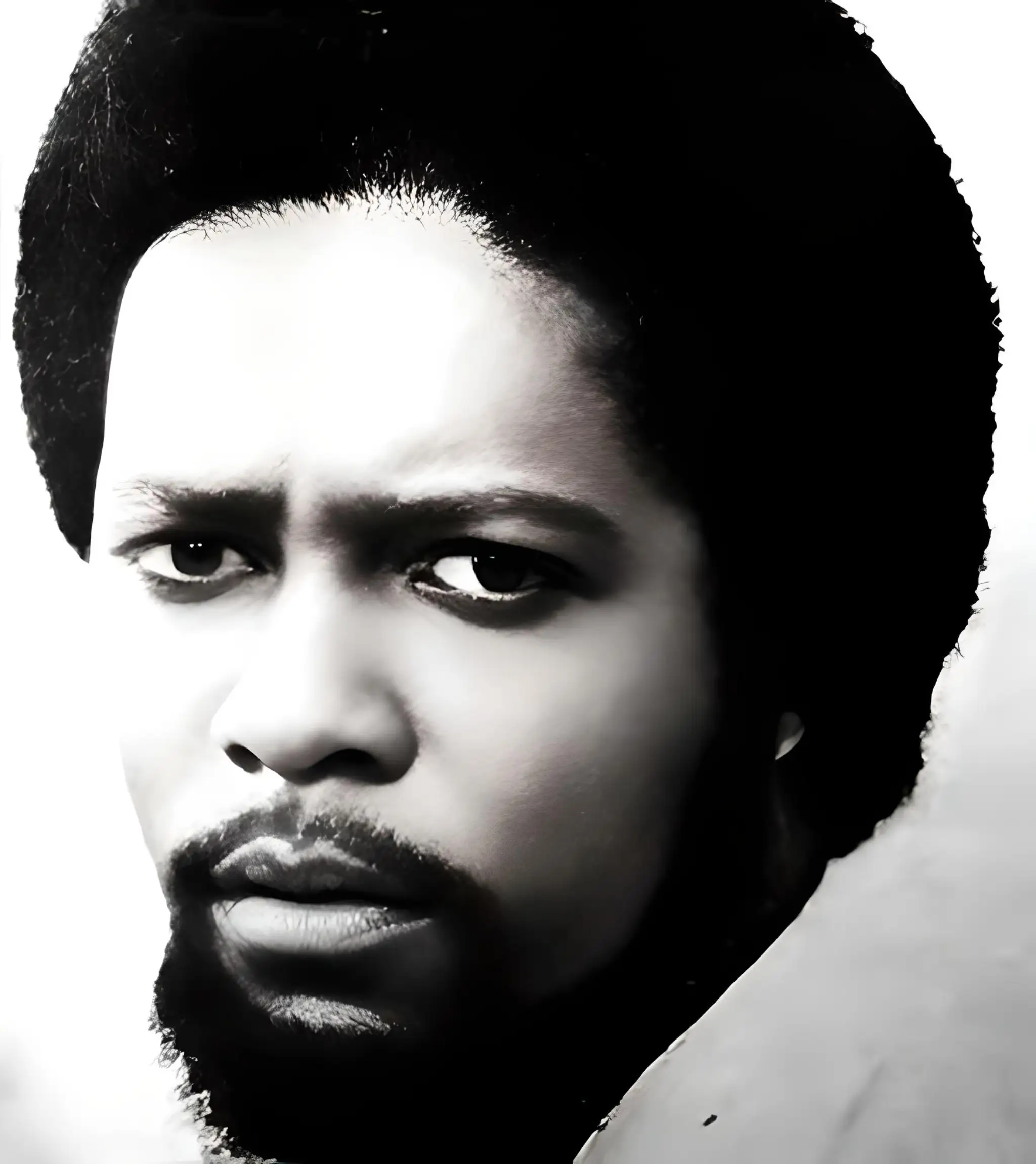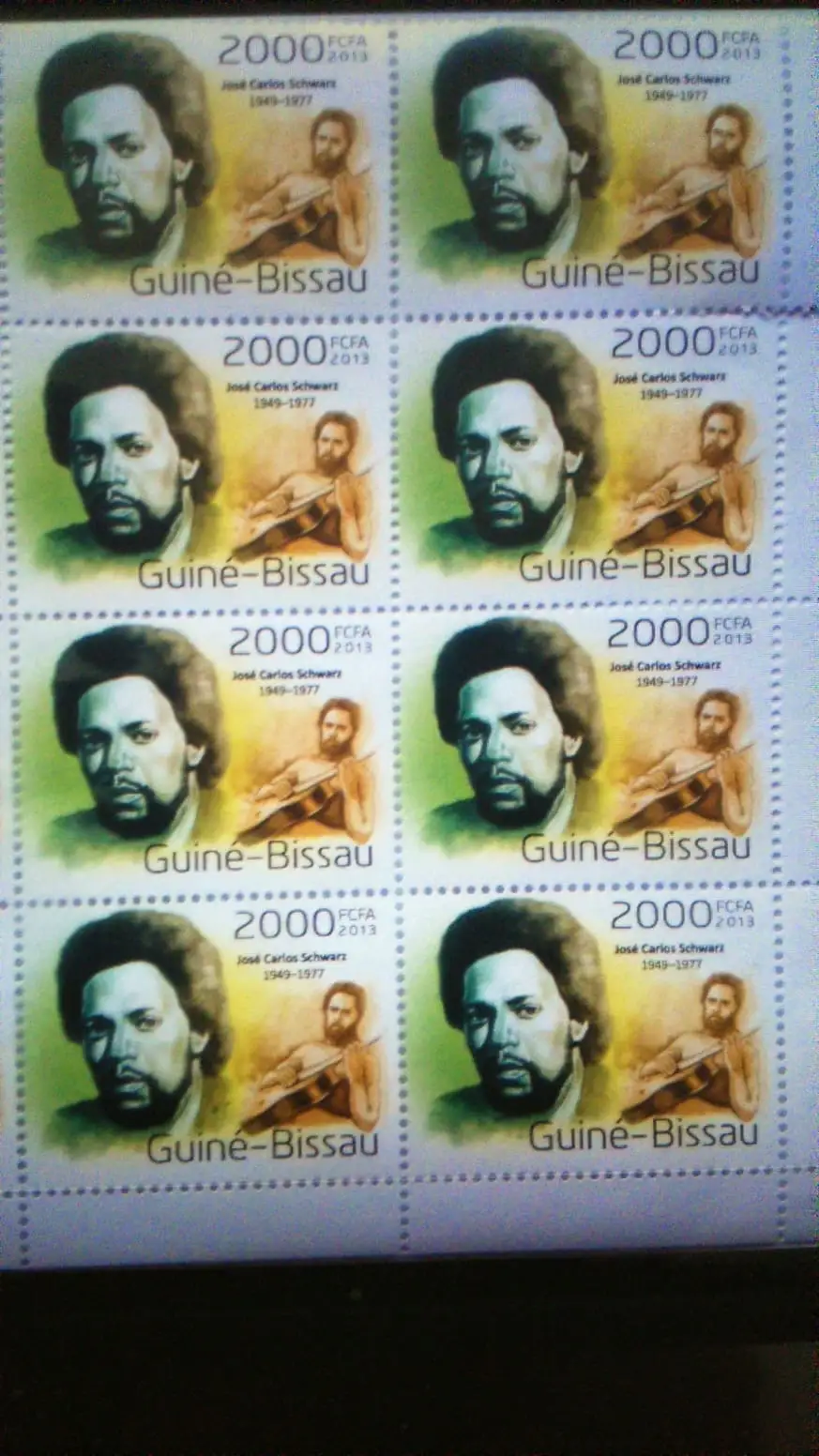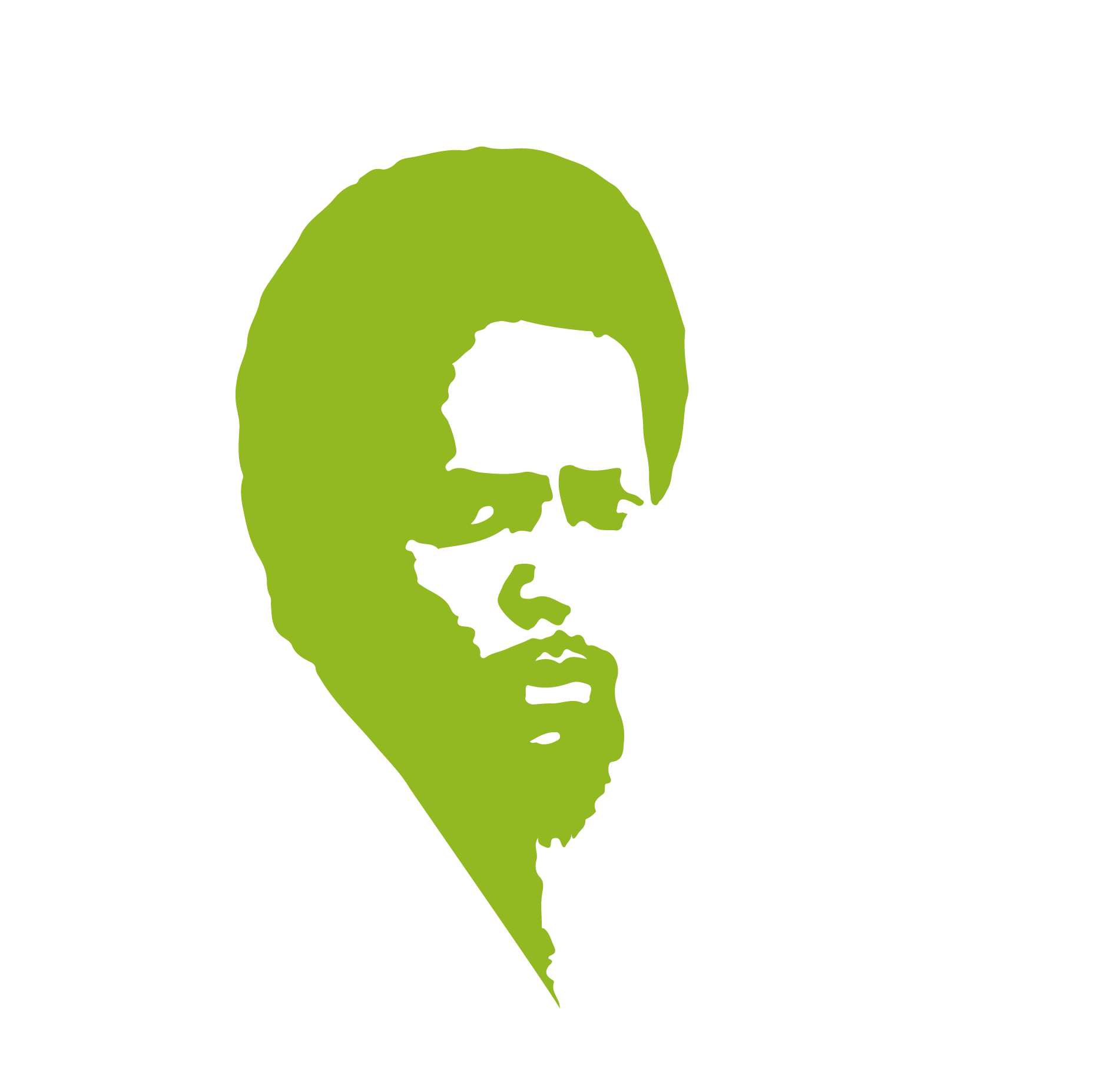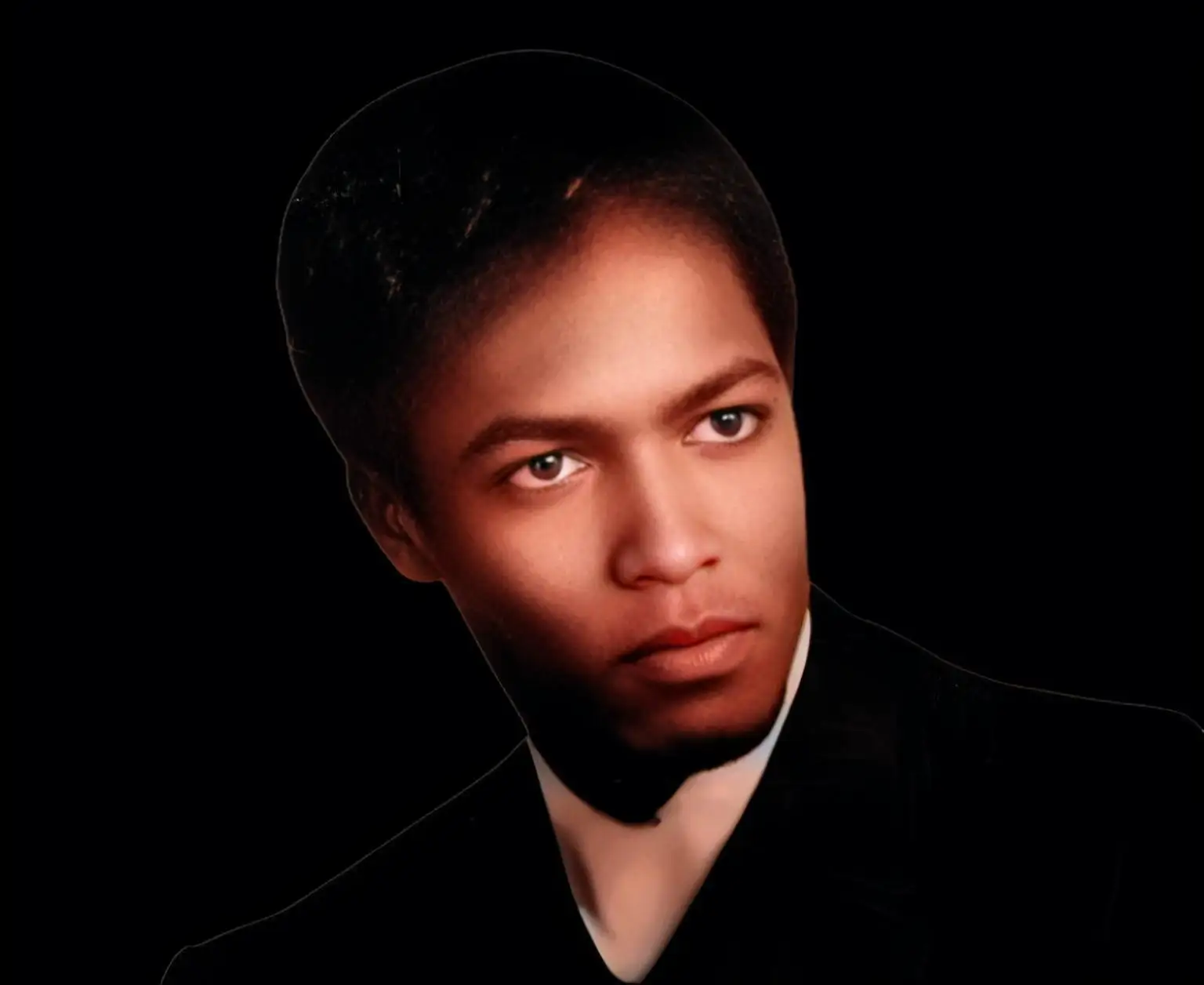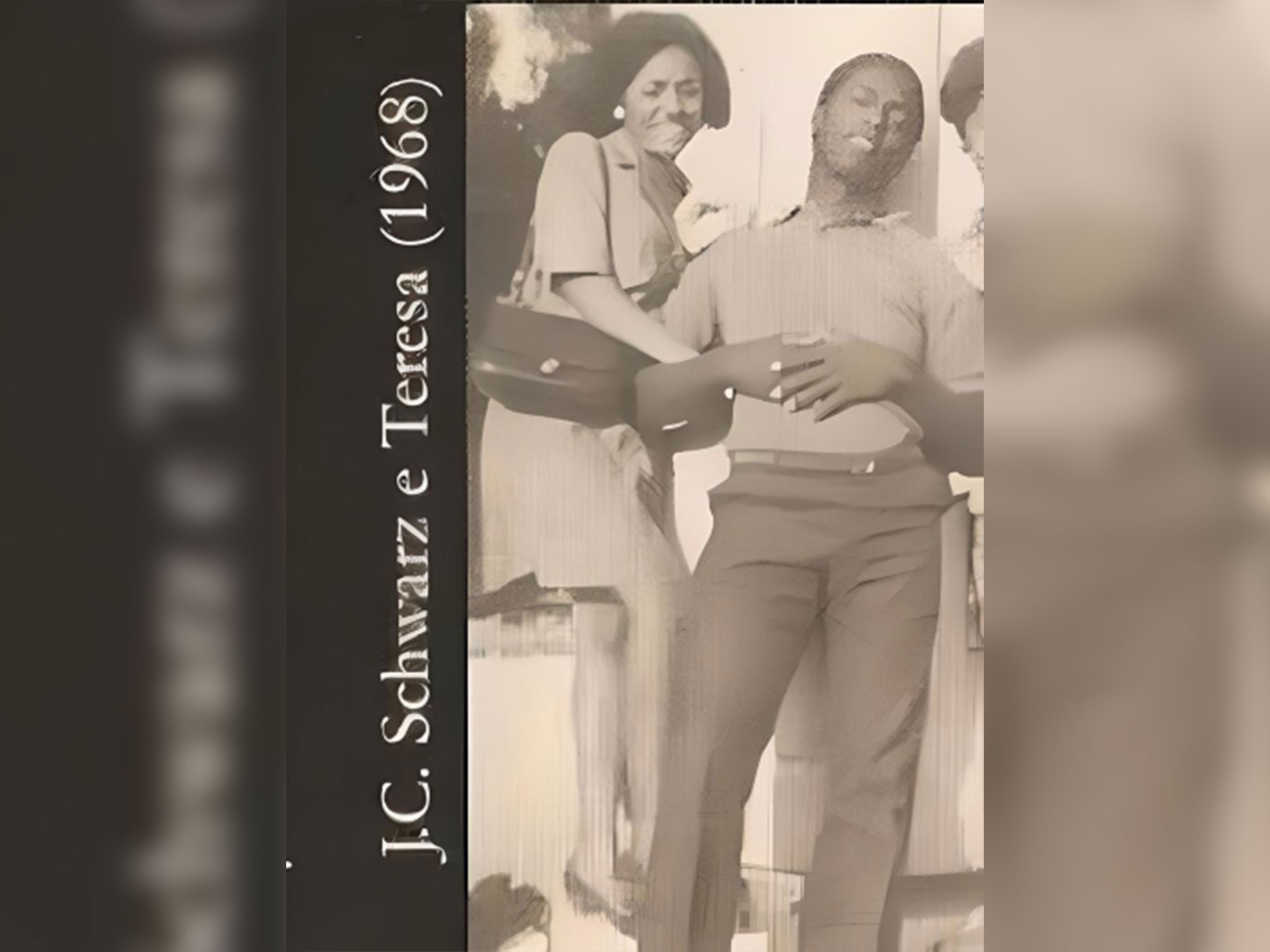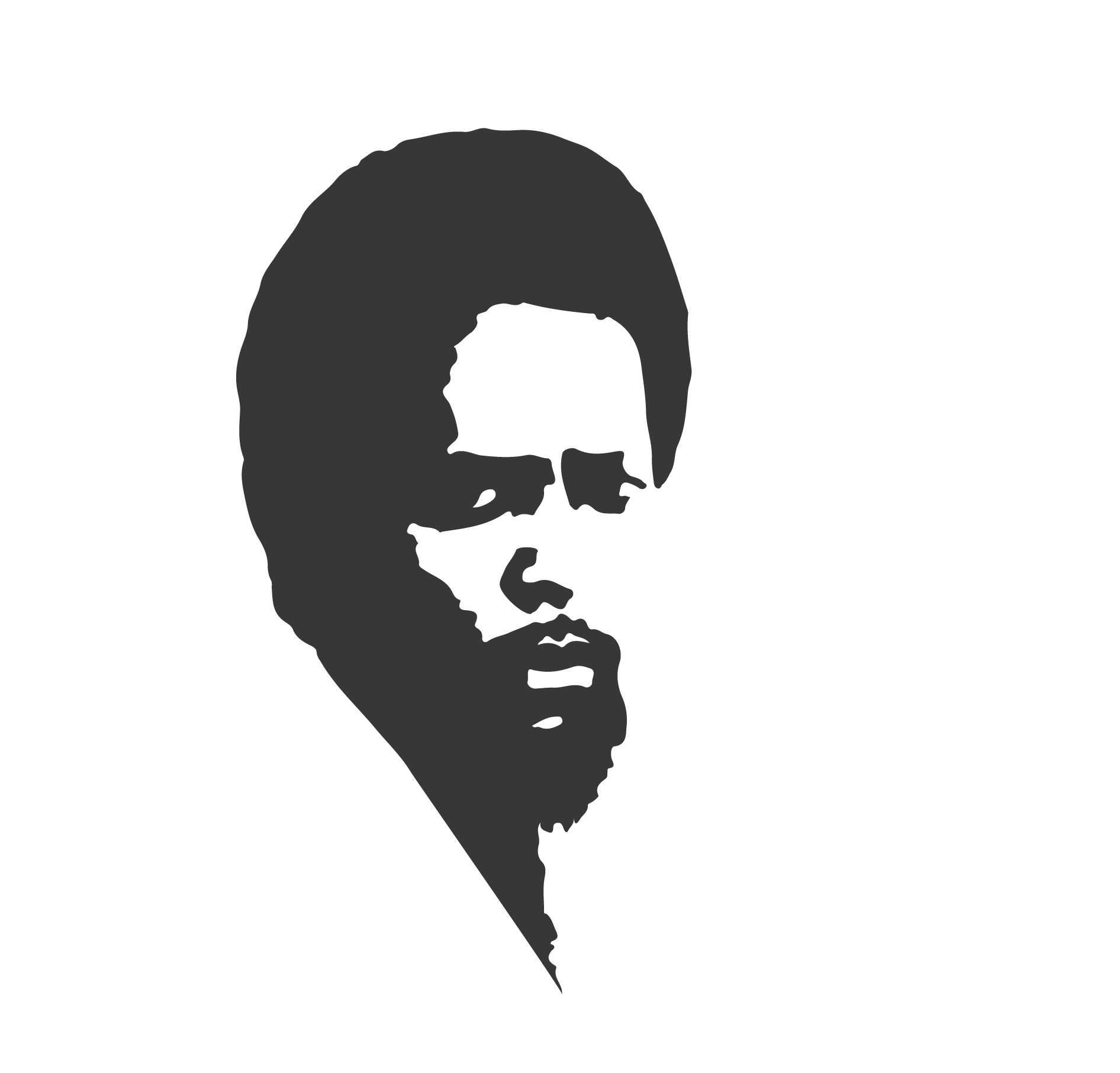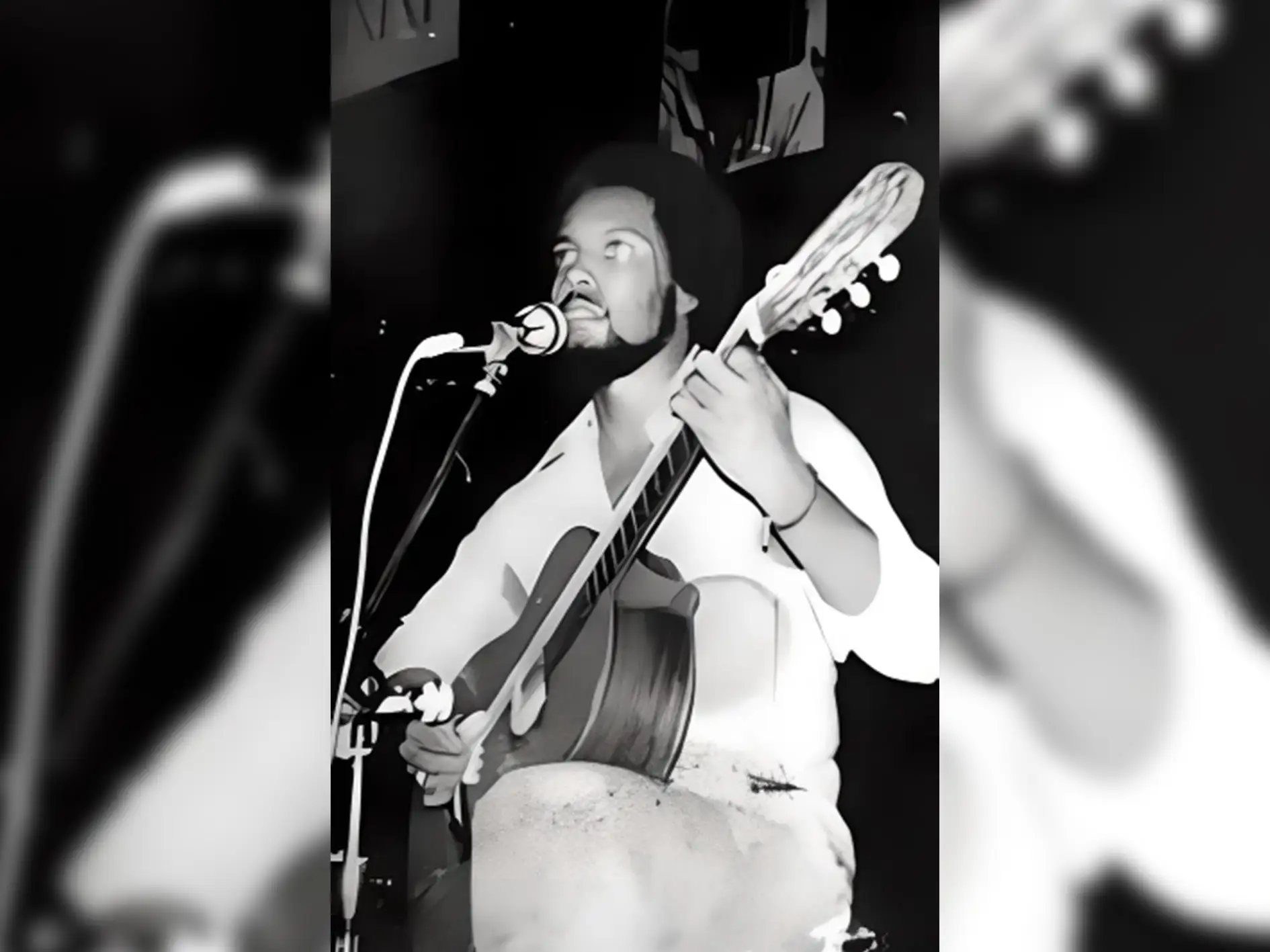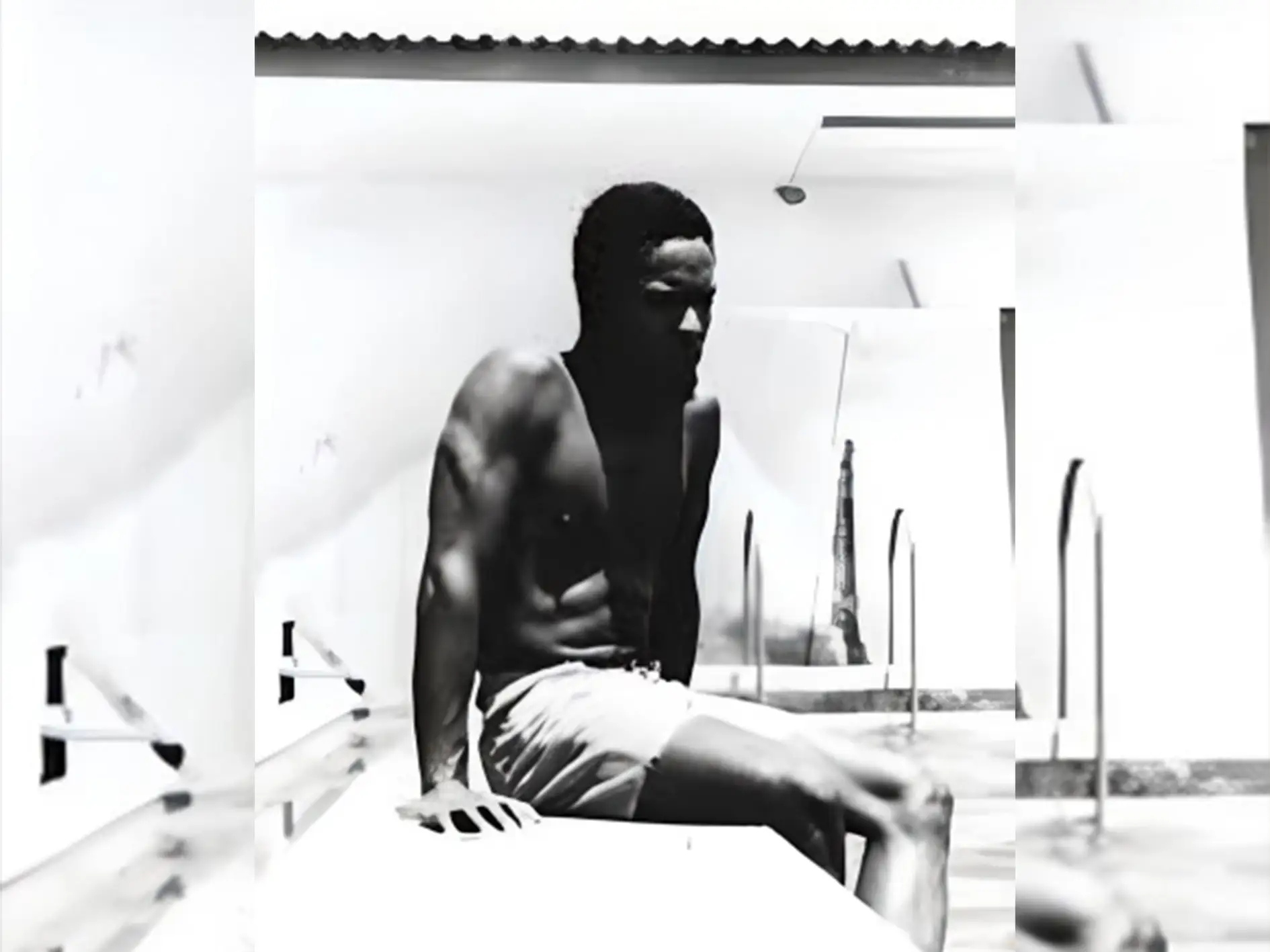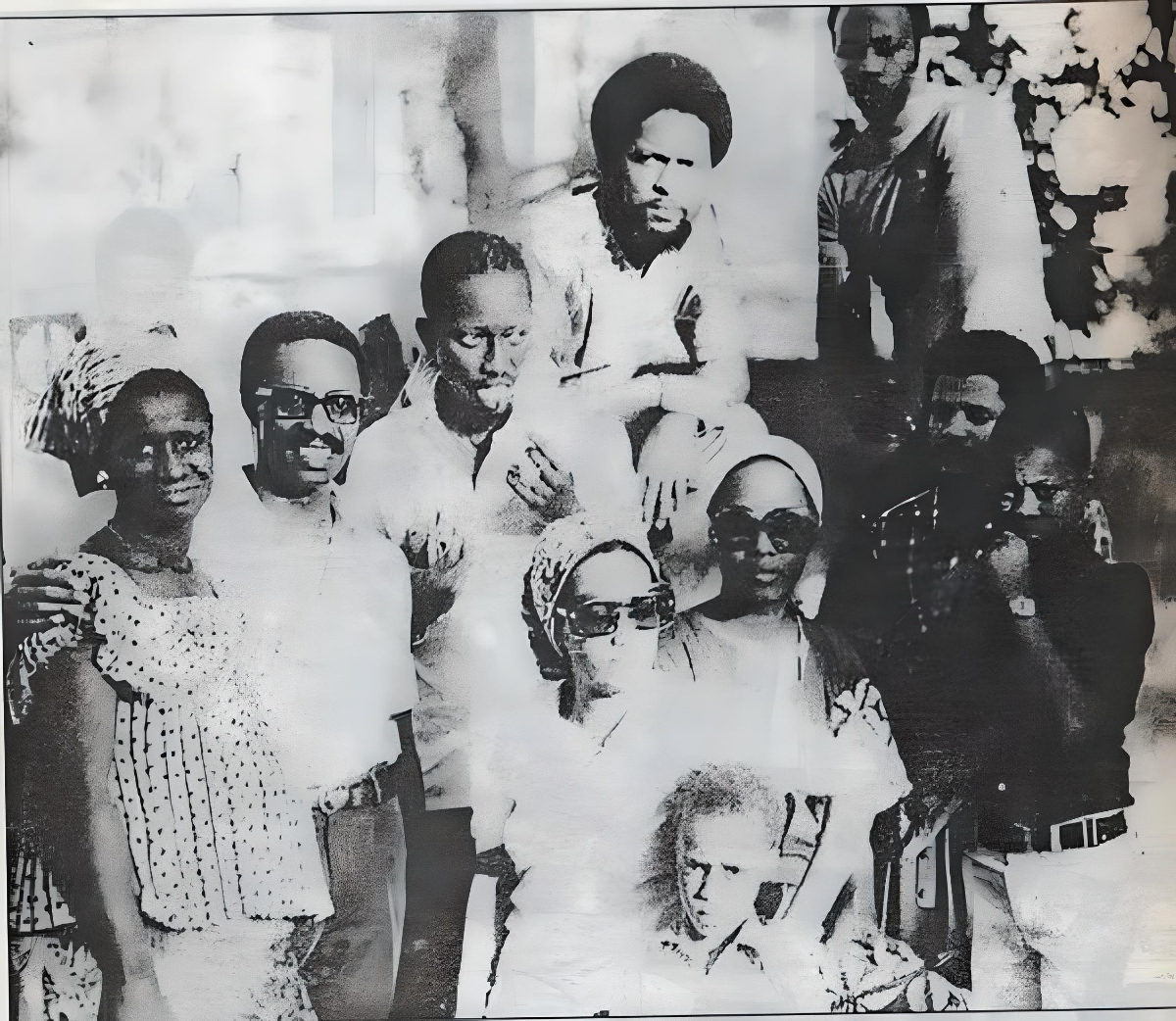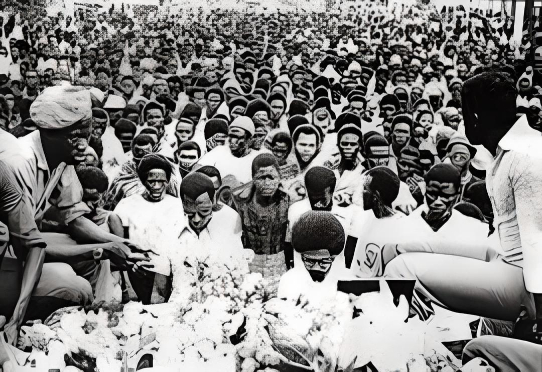In 1972 he was taken prisoner and as José Carlos was then part of the Portuguese army, his situation was very serious and he could have been killed had it not been for the intervention of Amílcar Cabral, who brought the arrest of José Carlos and his comrades to international attention. he remained a political prisoner in the prisons of PIDE/DGS and djiu de Galinha from May 18, 1972 to April 29, 1974, most of that time
in total isolation.
In 1974, Portugal recognized the sovereign state of Guinea-Bissau. José Carlos and Cobiana carried out various tasks dictated by the party, including receiving and welcoming the leaders in the different areas of the country, both to the south and to the east and north when there were difficulties in the relationship between the representatives of the two sides (i.e. the army and colonial administration and the victorious combatants or when there was fear of a possible uprising or resistance on the part of the former agents of the colonial forces. In order to avoid conflicts, José Carlos and Cobiana were sent to these towns and while they were entertaining balls and dancing, the new leaders were settling in.
The content of the songs conveyed messages that excited people and made them identify with the new situation. The party's message was thus transmitted, and the mere presence of José Carlos Schwarz, whose fame was already immense, served as a factor in mobilizing people.
In 1974 he was appointed to the post of director of the art and culture department of the then youth and sports commission and was also appointed head of the culture, sports and recreation department of the JAAC political commission.
In January 1977, José Carlos was sent to Cuba in the position
of business manager, taking with him his wife and two children
5 years old and 5 months old respectively.
In April 1977, he returned to Bissau to resolve problems inherent
in our financial situation because no transfer had been made from Bissau as had been promised by the then Commissariat of Foreign Affairs. It was on his way back to Cuba from Bissau that José Carlos died in a plane crash on landing in Havana on May 27, 1977.
